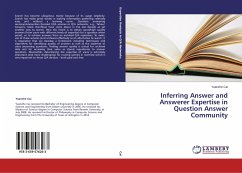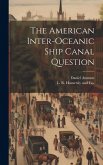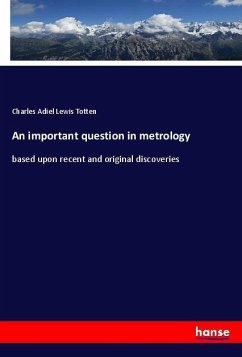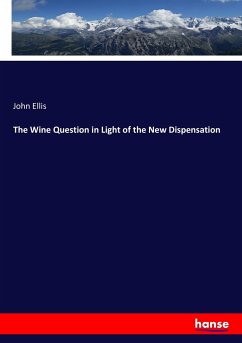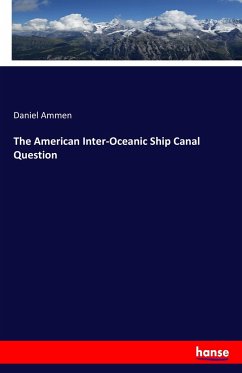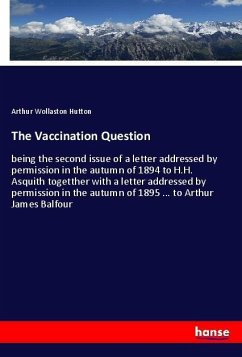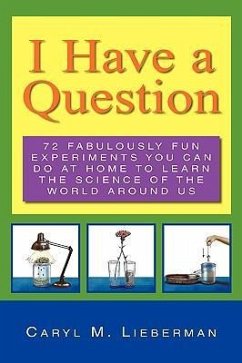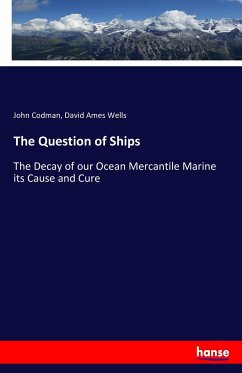Search has become ubiquitous mainly because of its usage simplicity. Search has made great strides in making information gathering relatively easy and without a learning curve. Question answering services/communities (termed CQA services or Q/A networks; e.g., Yahoo! Answers, Stack Overflow) have come about in the last decade as yet another way to search. Here the intent is to obtain good/high quality answers (from users with different levels of expertise) for a question when posed, or to retrieve answers from an archived Q/A repository. To make use of these services (and archives) effectively as an alternative to search, it is imperative that we develop a framework including techniques and algorithms for identifying quality of answers as well as the expertise of users answering questions. Finding answer quality is critical for archived data sets for accessing their value as stored repositories to answer questions. Meanwhile, determining the expertise of users is extremely important (and more challenging) for routing queries in real-time which is very important to these Q/A services - both paid and free.

